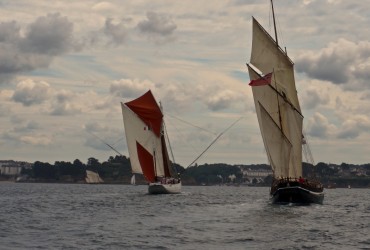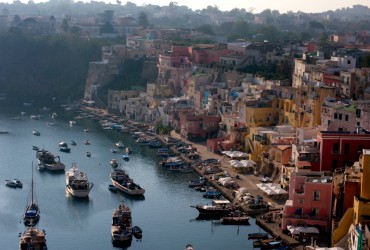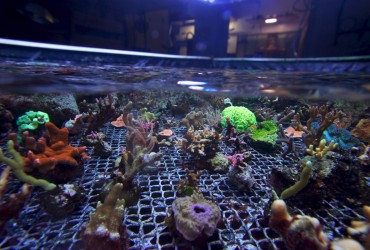Episode 4
The OCEAN71 Magazine team wants to thank particularly:
The film and post production crew led by Charles Henry ; the archeologists of the University of Geneva, among them, Prof. Jean-Paul Descoeudres and Gionata Consagra (Classical archeology unit of the University of Geneva) and also the archeologists of the Albanian Institute of archeology, among them Dr. Saïmir Shpuza, for their patience and their valuable information; Dr Adrian Anastasi for his archeological advice; the Albanian workers of the archeological site; Luan and his good mood, whatever the situation; Agim Zoli for his welcome in Albania; Nick for his efficient driving in the country; the Laps team in Montreuil for their audio recording studio; Marc from Photo Denfert for his advices regarding the underwater photographic equipment; Eric Sauvage (his school) for his advices regarding the technical underwater imagery; Franklin Riboud, Julia Moigneux and Sophie Pfyffer for their good mood, their interest in our project and the video images they shot “as carefully as possible”.



